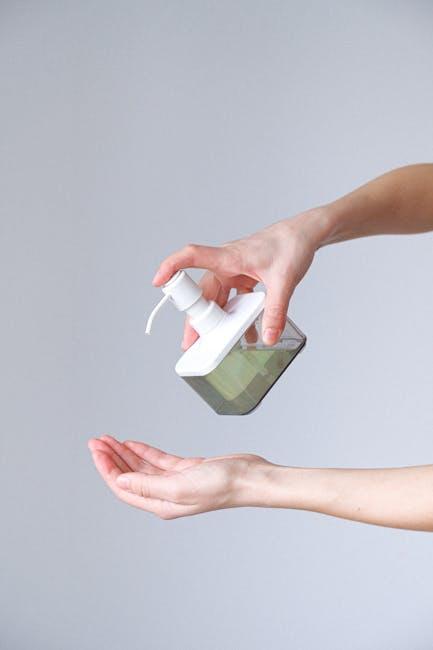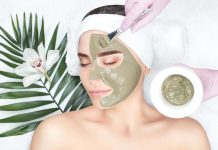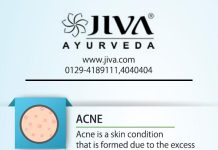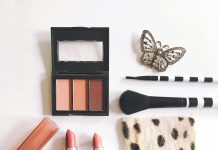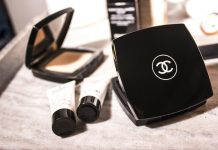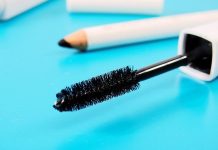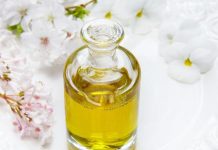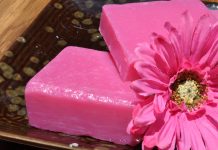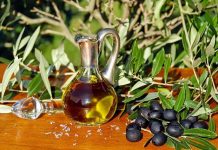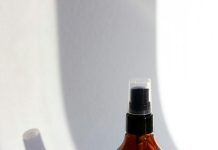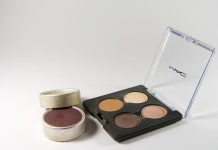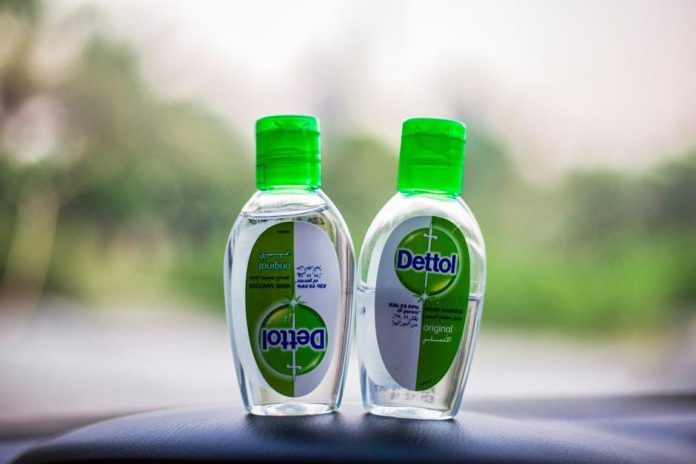In the ever-evolving world of skincare, where trends ebb and flow like the tides, one ingredient consistently stirs debate: alcohol. Found in everything from toners to serums, alcohol’s role in skincare is as polarizing as it is prevalent. Some herald it as a hero for its quick-drying, refreshing qualities, while others vilify it as a villain, potentially wreaking havoc on our delicate dermis. So, is alcohol in skincare a dealbreaker for healthy skin? Let’s embark on a journey through the science, myths, and truths to uncover whether this controversial component is a friend or foe in our quest for a radiant complexion.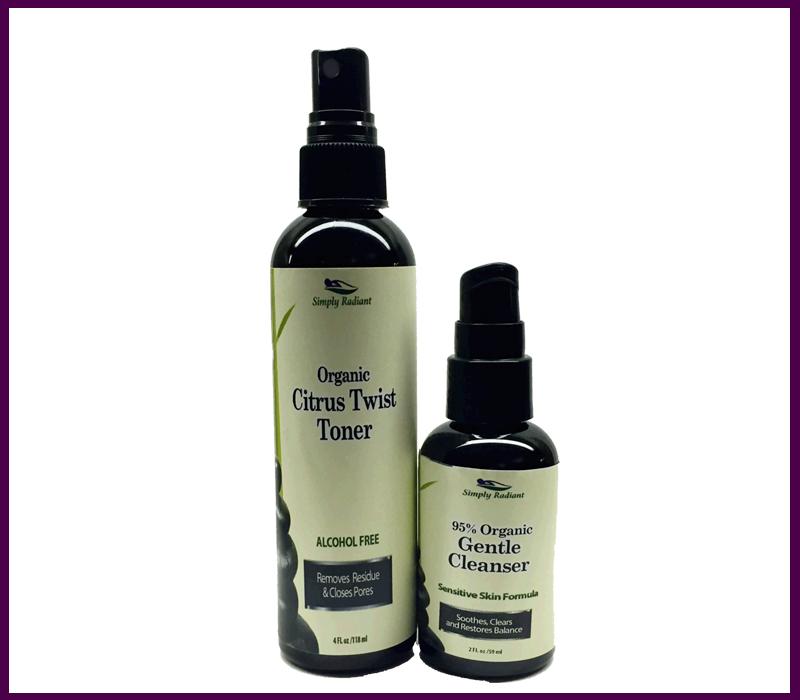
Understanding Alcohol Types: Not All Are Created Equal
When it comes to skincare, the term “alcohol” can be misleading. Not all alcohols are created equal, and understanding the difference can help you make informed decisions about your skincare routine. Generally, alcohols in skincare are categorized into two main types: simple alcohols and fatty alcohols.
- Simple Alcohols: These include ethanol, denatured alcohol, and isopropyl alcohol. Known for their quick-drying properties, they can be beneficial for oily skin by reducing excess shine. However, they might also strip the skin of its natural oils, leading to dryness and irritation.
- Fatty Alcohols: Derived from natural sources, these include cetyl, stearyl, and cetearyl alcohol. Often used as emollients and thickeners, they help to soften and moisturize the skin, making them suitable for dry and sensitive skin types.
By recognizing these distinctions, you can choose products that align with your skin’s needs without fear of compromising its health. It’s not just about avoiding alcohol altogether, but rather selecting the right type for your skin type and concerns.
The Impact of Alcohol on Skin Health: Separating Fact from Fiction
- Types of Alcohol in Skincare: Not all alcohols are created equal. While simple alcohols like ethanol and isopropyl alcohol can be drying and irritating, fatty alcohols such as cetyl and stearyl alcohol are actually beneficial, providing moisture and enhancing texture.
- Myths vs. Reality: It’s a common misconception that all alcohols in skincare are harmful. Simple alcohols may strip the skin of its natural oils, potentially leading to dryness or irritation. However, fatty alcohols are often used as emollients and thickeners, supporting the skin’s barrier.
When evaluating skincare products, it’s crucial to understand the type of alcohol listed in the ingredients. If you’re concerned about dryness, look for products with fatty alcohols that offer hydration and nourishment. Simple alcohols might be suitable for those with oily skin looking for a matte finish, but they should be used with caution. Always consider your skin type and the product’s formulation before deciding if it’s a dealbreaker for your skincare routine.
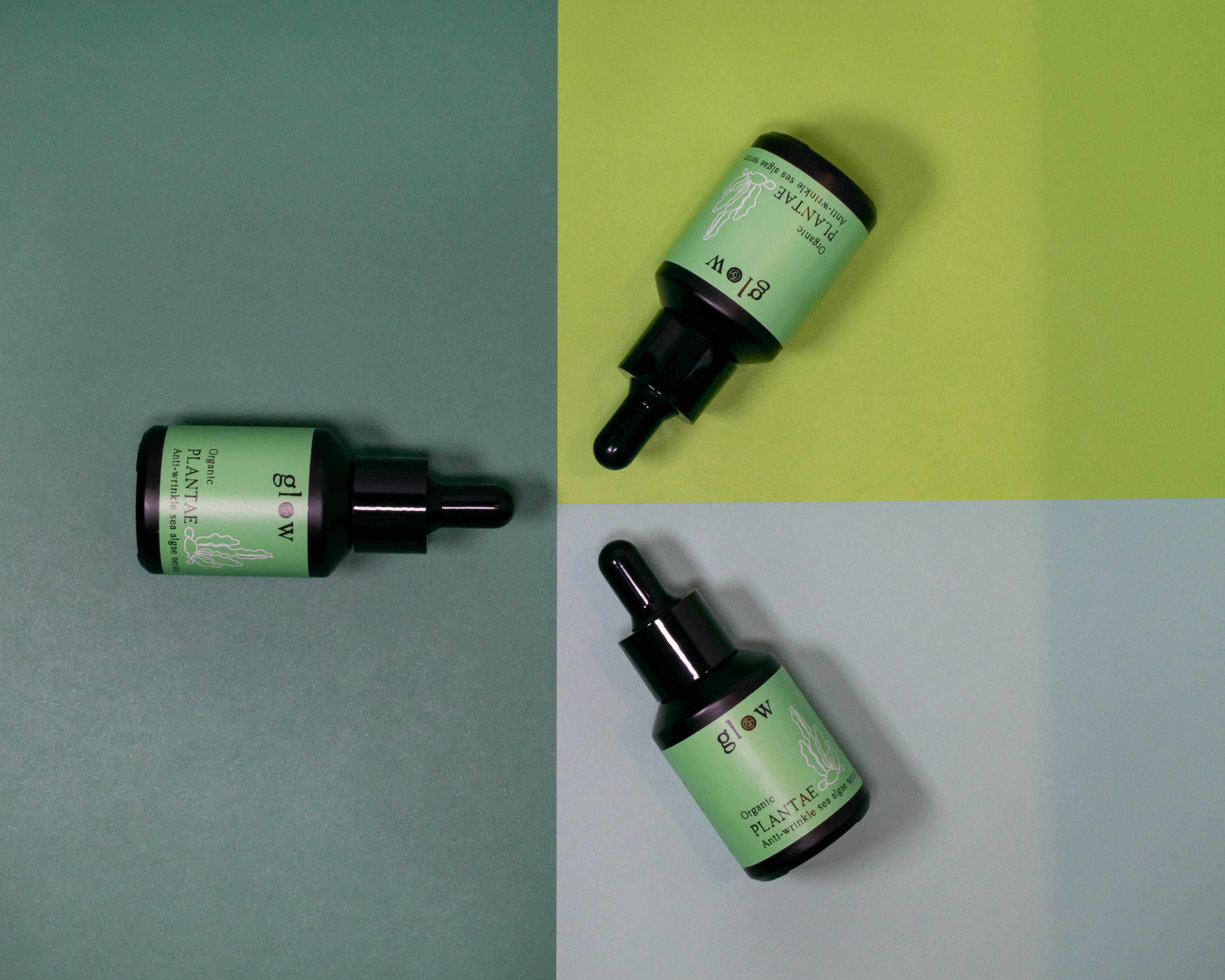
Balancing Act: Incorporating Alcohol-Based Products Safely
When it comes to skincare, not all alcohols are created equal. Fatty alcohols, like cetyl and stearyl alcohol, often moisturize and enhance the skin’s texture, making them a beneficial addition to creams and lotions. On the flip side, simple alcohols such as ethanol and isopropyl alcohol can be drying and irritating, especially for sensitive skin types. The key lies in understanding your skin’s needs and the product’s formulation.
- Know Your Skin Type: Oily or acne-prone skin may benefit from products with simple alcohols for their drying effects, while dry or sensitive skin should opt for alcohol-free or fatty alcohol-based products.
- Check Product Labels: Look for the position of alcohol in the ingredient list. If it’s near the top, it might be a significant component of the product.
- Patch Test: Always perform a patch test to ensure compatibility with your skin, minimizing the risk of adverse reactions.
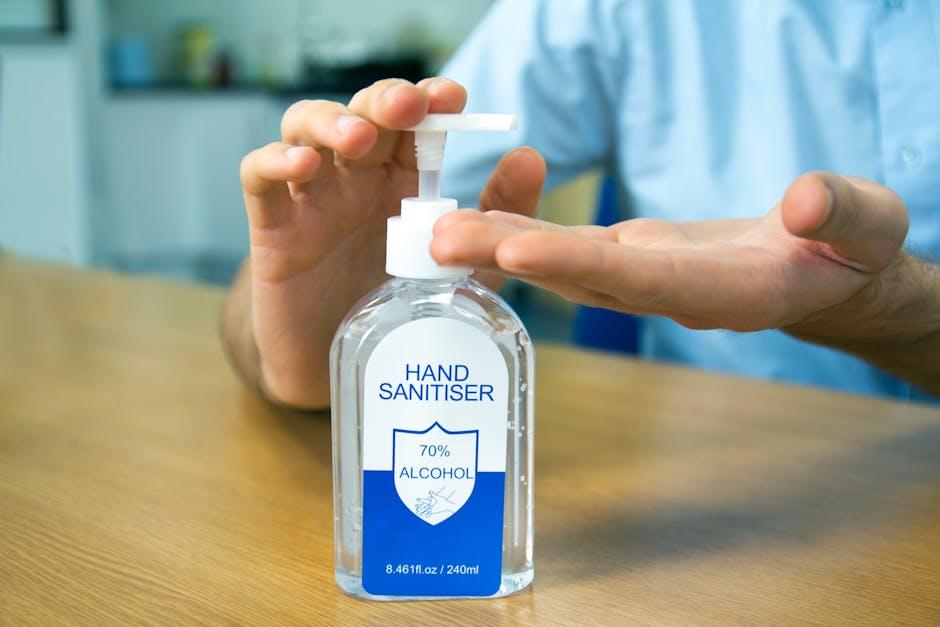
Expert Recommendations: Choosing the Right Products for Your Skin
- Understand the Types of Alcohol: Not all alcohols are created equal in skincare. There are two main types to be aware of: simple alcohols and fatty alcohols. Simple alcohols, like ethanol or isopropyl alcohol, can be drying and irritating for some skin types, while fatty alcohols such as cetyl or stearyl alcohol can actually be beneficial, providing moisture and improving texture.
- Consider Your Skin Type: If you have sensitive or dry skin, it might be wise to avoid products with high concentrations of simple alcohols, as they can exacerbate dryness or irritation. For oily or acne-prone skin, some alcohols may help with oil control but always patch-test first.
- Check Ingredient Lists: Alcohol is often used as a solvent or to help other ingredients penetrate the skin. It’s crucial to assess where it falls on the ingredient list. A higher position might mean a higher concentration, which can impact its effect on your skin.
Experts often recommend balancing your skincare routine by incorporating hydrating and soothing products if alcohol is present. Look for formulations that include calming ingredients like hyaluronic acid or glycerin to counteract potential dryness. As always, consult with a dermatologist to tailor choices to your unique skin needs.
